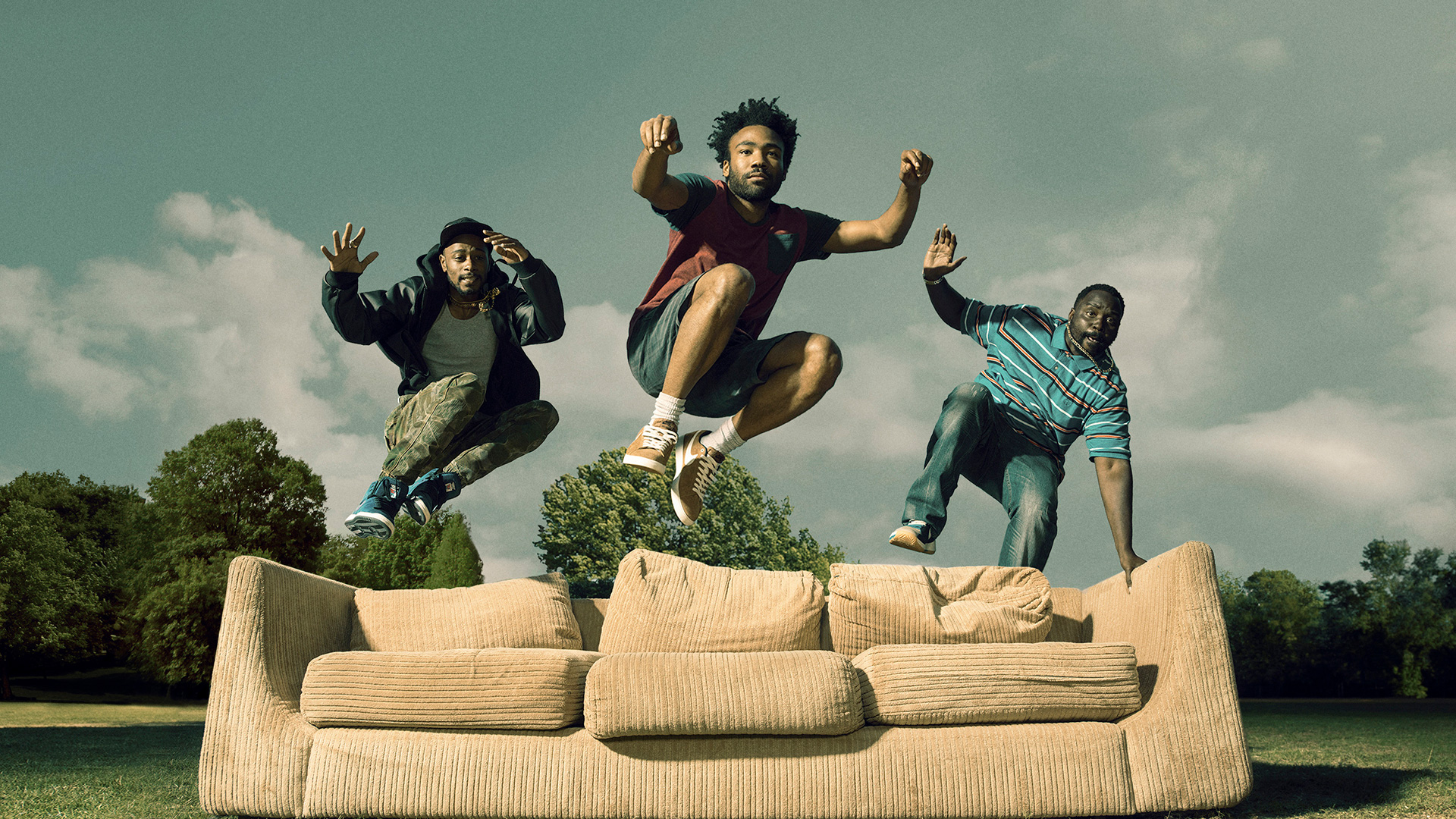
by
Saturday, November 12, 7.5 million viewers tuned into Dave Chappelle’s edition of “Saturday Night Live.” The show, which featured musical guests A Tribe Called Quest, generated its largest adult 18-49 rating since December 2013. Less than a week later, news would surface of a $60 million Netflix deal for the return of Chappelle in three unreleased projects.
Just two days after Chappelle’s big debut, we would learn of Issa Rae’s “Insecure” being renewed for a second season. Before that, it was “Atlanta” and Ava Duvernay’s “Queen Sugar.” These three projects alone have been enough to spark very important conversations in Black America, but they’re not alone.
With the surge in film projects starring, produced and/or directed by African-Americans, are we witnessing a black film renaissance before our very eyes?
This year alone, we’ve seen the release of black films such as Queen of Katwe, Moonlight, Miles Ahead, Race, Southside With You and the very controversial Birth of a Nation. There’s also the increased presence of black television shows with “Power,” “How To Get Away With Murder” and “Black-ish,” to name a few.
Popular Buzzfeed actress Quinta B has launched her own show “Broke” on YouTube Red, and former “Degrassi” star Andrea Lewis birthed a much-needed dialogue on black women in the media in cities such as New York, Los Angeles and Chicago. And let’s not forget the continued and growing popularity of online media platforms such as Black & Sexy TV.
We’ve also seen the growth of Diddy’s Revolt TV, which has expanded to DirecTV December 2015, and Magic Johnson’s Aspire TV, which recently launched the web series #TheGraduatesNYC, highlighting the life of HBCU graduates after college.
We’re everywhere.
In 2016, shows like “Atlanta,” “Queen Sugar” and “Insecure” have challenged our views on masculinity, homophobia, intersectionality, mental health, black identity, double standards in dating, black ownership, code-switching and white fragility. They’ve also managed to do this while being unapologetically black.
And while the aforementioned shows are being discussed in our newsfeeds daily, we’d be remiss to not mention the prominent rise of black nerd culture, often dubbed “Blerd.” We’ve recently seen a rise of black characters playing historical comic book characters in projects such as Mike Culter in Netflix’s “Luke Cage” and the all-Black cast of Black Pantherfeaturing the likes of Michael B. Jordan, Lupita N’ yongo, Danai Gurira, and newly added Angela Bassett. Oh, and let’s not forget John Boyega’s amazing job in Star Wars.
What specifically makes this era of black films so important is not simply the mere presence of black actors but also our representation behind the scenes.
Read the entire story here.


